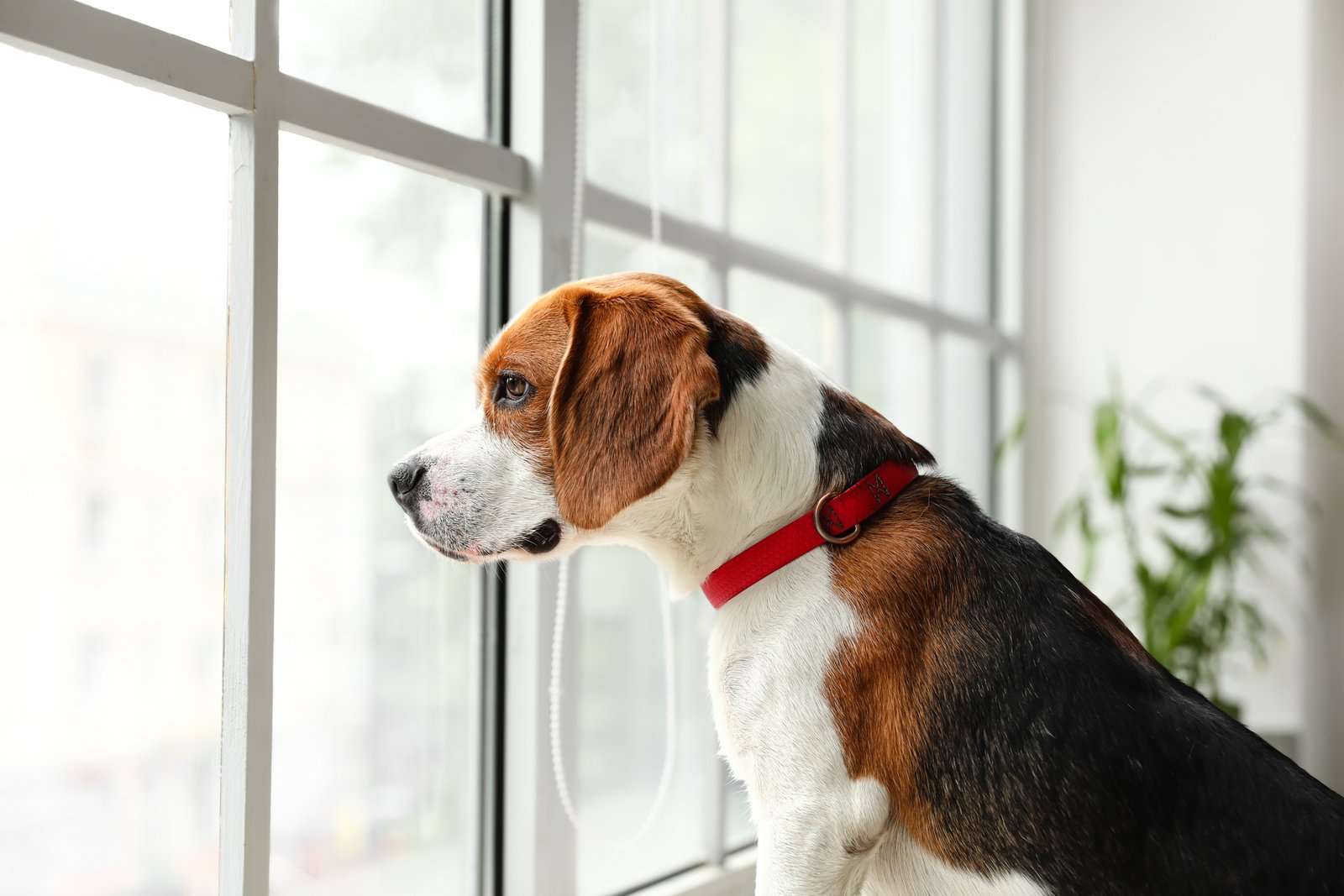Your dog’s entire world suddenly feels empty the moment you step out the door. That enthusiastic tail wagging when you return isn’t just excitement – it’s pure relief that their favorite human is finally back. Dogs experience your absence more deeply than most people realize, and their behaviors while you’re gone reveal just how much they truly miss you.
They Camp Out by Your Front Door
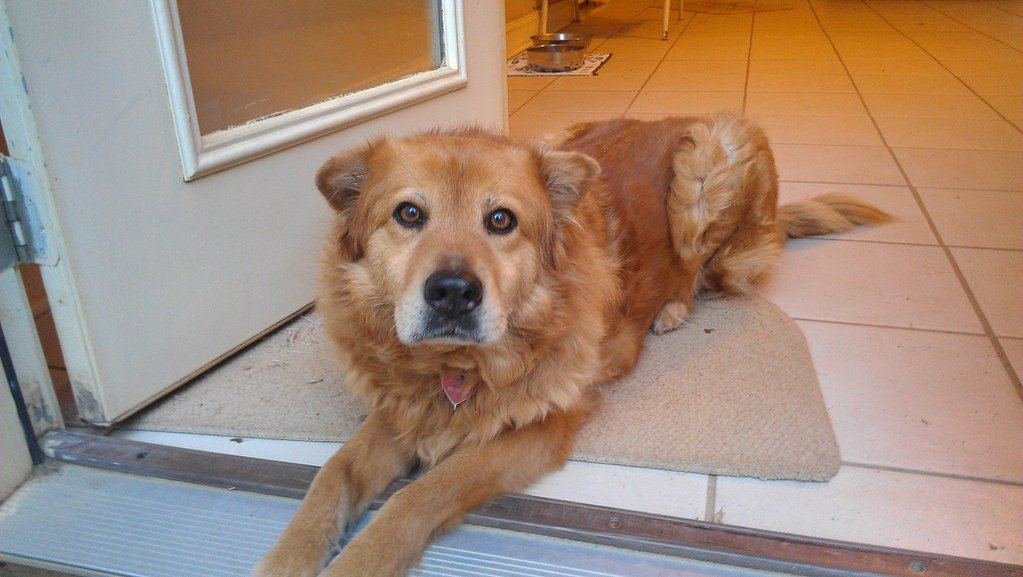
A dog that is sitting by the door waiting for you to come home may be dealing with separation anxiety. The last place he saw you was that door, so he waits there for your return. This behavior isn’t just random positioning – it’s strategic emotional coping.
In the footage, the small senior dog is seen sitting by the front door, his bed nearby, but steadfast in his duty to wait for his “person” to arrive home safely. Some dogs maintain this vigil for hours, refusing to move from their post even when comfortable beds or favorite spots beckon them elsewhere.
They Turn Into Emotional Wrecks When You Leave

The researchers found that dogs often experienced anticipatory behaviors before their owners left, such as becoming more anxious or clingy. When the owners returned, the dogs displayed signs of relief and excitement, further indicating that they had missed their humans during the separation. Your dog’s pre-departure anxiety isn’t dramatic behavior – it’s genuine distress at the thought of being apart from you.
Watch your dog’s body language when you grab your keys or put on your shoes. The drooped ears, lowered tail, and those pleading puppy eyes aren’t manipulation tactics. Ever noticed how your pooch seems a little down when you grab your keys? That’s one of the tell-tail signs your dog might be missing you.
They Lose Their Appetite Without You

It’s true, that when dogs miss their owners or suffer from separation anxiety, it can really affect their mood. This might just be a bit of sulking, but some people have even reported that their furry friends have refused food if they are not around. Food, normally the highlight of any dog’s day, suddenly becomes unimportant when their favorite person isn’t there to share the experience.
Isolation during the day can also make some dogs anxious, to the point that they won’t eat their food or treats left out until their owner returns. When you return, they feel relieved and comfortable enough to eat. It’s like they’re saving their meals to celebrate your return, turning dinner into a reunion feast.
They Snuggle With Your Belongings

Another common dog behavior, if they miss you, is sleeping or cuddling up to your possessions. This might just be to get some of your scent, or because they know you will come back and give that object some attention. Your dirty laundry becomes their security blanket, and that old sweatshirt you left on the couch transforms into premium comfort real estate.
If you notice your dog crying or snuggling up to things of yours, like blankets or clothing, it’s a pretty clear sign that they’re missing you. They’re essentially hugging pieces of you when the real thing isn’t available, finding comfort in your familiar scent.
They Give You the Most Epic Welcome Home Parties

If your dog greets you like you’ve been gone for years, even if it was just a quick trip to the store, it’s a clear sign they’ve been missing you. The “smiling” facial expressions, jumping, barking, and tail-wagging extravaganza are all their way of celebrating your return.
That tornado of fur and excitement at your door isn’t just happiness – it’s pure emotional relief. When reunited with their owners, the dogs exhibited strong signs of affection, including tail wagging, jumping, and licking, behaviors commonly associated with joy and relief. Your return is literally the best part of their entire day.
They Get the Zoomies When You Return
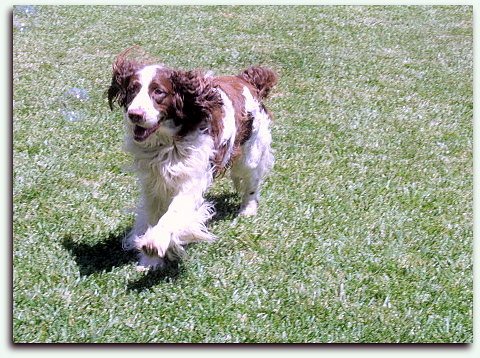
Dog zoomies (or “frenetic random activity periods,” as they’re more scientifically known) are random energy outbursts marked by running frenetically or spinning in circles. If you come home and your dog immediately gets the zoomies, it’s a good indicator that they missed you.
Those crazy running sessions around your living room aren’t just excess energy – they’re pure joy expressed through movement. It’s like your dog’s internal celebration system has overloaded and the only way to process their happiness is through frantic spinning and racing around furniture.
They Transform Into Your Shadow After You Return

After you get back, if your dog sticks to you like glue, afraid you might vanish again, that’s a sign they really felt your absence. This post-reunion clinginess isn’t neediness – it’s your dog’s way of making sure you don’t disappear again without warning.
They’ll follow you from room to room, positioning themselves where they can always see you. The bathroom door suddenly has a furry guardian, and your kitchen adventures gain a four-legged sous chef who’s not really interested in cooking but very interested in your proximity.
They Act Out Through Destructive Behavior
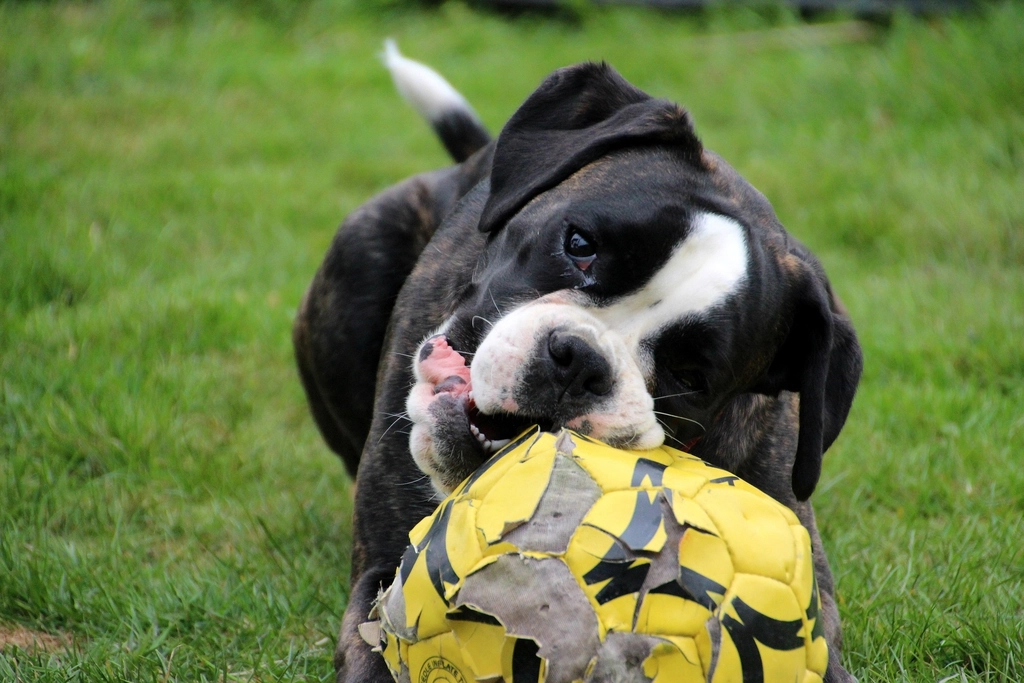
Ever come home to a chewed-up shoe or a toppled trash can? This can be your dog’s way of coping with the stress of you being away. It’s not that they suddenly forgot their manners; they might just be missing you a lot and aren’t quite sure what to do with all their pent-up negative emotions.
Dogs cannot act maliciously by punishing you, but dogs who experience separation anxiety, or boredom, may act out by destroying furniture and property. Being home alone all day is stressful, and things such as chewing may be a way to self soothe. That destroyed couch cushion isn’t revenge – it’s an emotional outlet.
They Try to Escape and Find You

If your pet sitter has had to try to stop your pup from trying to escape every time they come to your house to check on them, it’s a pretty good sign that your dog is missing you. Chances are that your pup is trying to escape to find comfort or go in search of their missing owner.
Door dashing isn’t just adventurous spirit – it’s mission-driven behavior. Your dog isn’t trying to explore the neighborhood; they’re launching a search and rescue operation to find you. Every open door represents a potential pathway back to their favorite human.
They Show Physical Signs of Stress and Sadness

When a particularly close family member, such as a child, leaves for an extended period, dogs may show signs of distress similar to those observed in separation anxiety. These signs include decreased energy, loss of appetite, and increased sleeping.
Sometimes you can see a dog cope with this sadness by ignoring you and other family members, preferring to mope on their own. The emotional toll of missing you manifests in ways that mirror human grief – lethargy, withdrawal, and a general sense of melancholy that seems to settle over their entire being like a gray cloud.
Conclusion
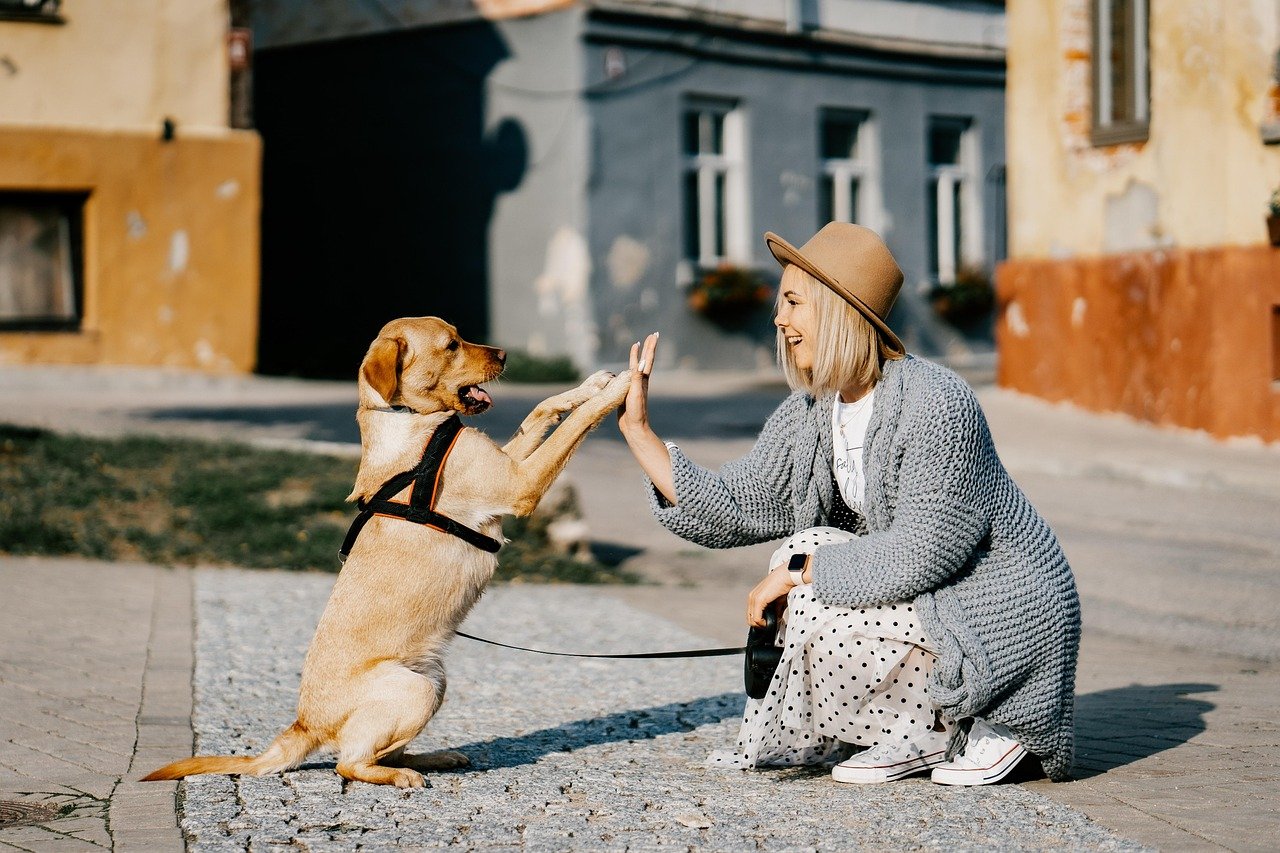
The depth of a dog’s attachment to their human is both heartwarming and humbling. Yes, dogs do miss their owners. Studies have shown that the bond between dogs and their owners is actually similar to the bond between parents and children. Every behavior, from door vigils to destruction sprees, stems from the same powerful emotion – love so intense that your absence creates a genuine void in their world.
After sniffing out the evidence and sharing our own furry tales, it’s clear that dogs do miss their owners. It’s not just a case of wishful thinking on our part; it’s a bond that’s as real as the nose on our dogs’ faces. When you walk through that door and see those eager eyes and wagging tail, remember that you’ve just made someone’s entire day complete again.
Did you realize your daily departures created such emotional drama for your four-legged family member?

